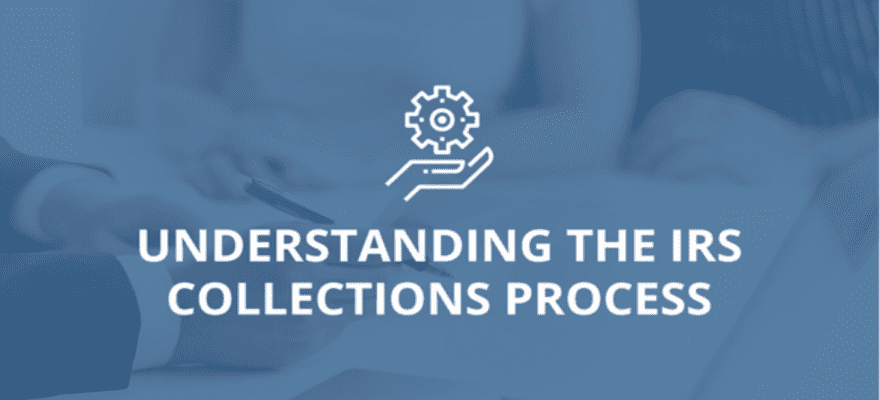Like most creditors, the IRS will act on its right to collect taxes that you owe. In the beginning, its collection process is similar to what you may have encountered with an overdue credit card or utility bill: you get a Notice and Demand for Payment (also known as a CP501 notice) in the mail explaining what you owe and requesting payment in full. With an overdue tax bill, this amount will include the amount of outstanding tax plus any interest and penalties.
If you don’t respond, you will receive three more notices, each one escalating in urgency:
- CP502: This letter takes a more serious tone than the CP501 notice and includes a demand for immediate payment.
- CP503: Payment is requested within 10 days of the date on the notice.
- CP504: The IRS will mention an intent to levy. If you don’t respond, the next step may be a Notice of Federal Tax Lien.
If you don’t pay, the similarity between the IRS and creditors like Visa and MasterCard quickly disappears. Unlike a credit card company, the government doesn’t have to obtain a court judgment against you in order to enforce its rights. It can escalate the collection process after the CP Notices fail to yield response or results.
Filing a Notice of Federal Tax Lien
When payment demands fail, the next step is usually to file a federal tax lien, which is a government claim made against your personal and real property. Once filed, it will:
- Attach to all of your assets, such as real estate, motor vehicles, securities, and business holdings. It can even be applied to the property you acquire after the lien goes into effect.
- Establish the IRS as a priority creditor if you sell any of the property or file for bankruptcy.
Unlike tax levies, tax liens are a confirmation of the government’s right to seize your property. You haven’t lost control of your assets yet, but if you don’t resolve the matter with the IRS, that may be the next step.
Serving a Notice of Intent to Levy
A tax levy is the legal seizure of your property to satisfy an outstanding tax obligation. If you fail or refuse to pay after receiving the CP501 to 504 notices, the IRS will send you a document called a Final Notice of Intent to Levy and Notice of Your Right to a Hearing at least 30 days prior to the levy taking effect. Once it does, the government can collect its money by:
- Seizing property. Your real estate holdings, motor vehicle, boat, and other property can be confiscated and sold to pay down or satisfy the debt.
- Garnishing your wages. A portion of your payment will be remitted to the IRS until the debt is paid in full.
- Imposing a bank levy. You can be blocked from withdrawing money from your account for 21 days while the IRS seizes funds and applies them to your tax debt.
- Withholding tax refunds. All of your federal, state, and municipal refunds will be sent to the IRS and applied to your federal tax debt.
If you can’t pay your tax balance in full, you may be able to negotiate a payment plan with affordable monthly installments. If you don’t qualify for an installment agreement, another option is an offer in compromise in which the IRS agrees to accept less than full payment, but this arrangement is notoriously difficult to qualify for. A New Jersey tax lawyer can assist by helping you select and qualify for the resolution method that’s right for your financial circumstances.
Speak with a New Jersey Tax Attorney
Tax debts are a major source of personal and financial stress because they grow steadily with accrued interest and penalties. At Paladini Law, Attorney Brad Paladini will analyze your case to determine whether an installment agreement, offer in compromise, or another option such as innocent spouse relief or currently not the collectible status is the best approach to solve your problems with the IRS. To schedule a consultation, please call 201-381-4472 or complete our online form.



